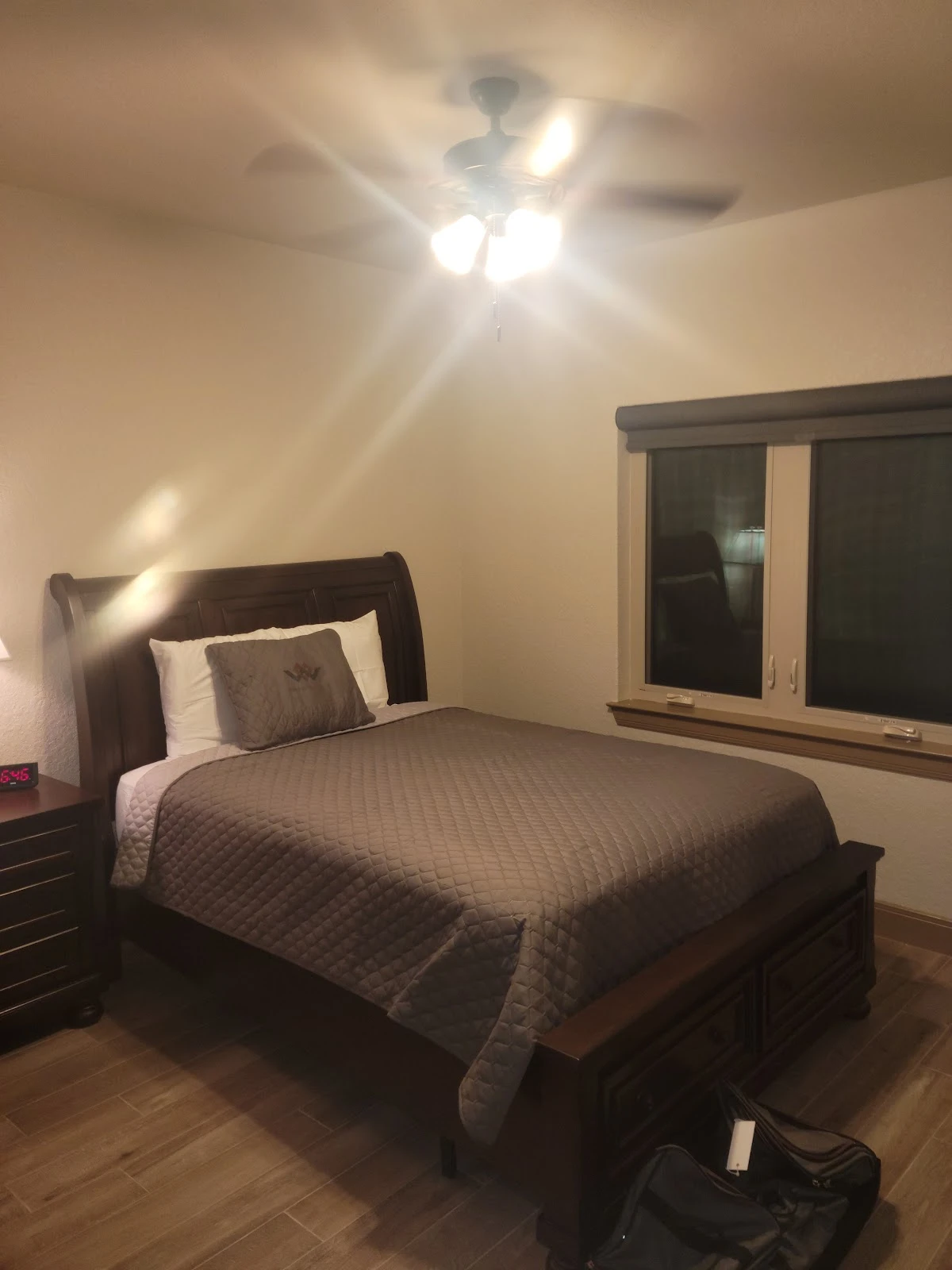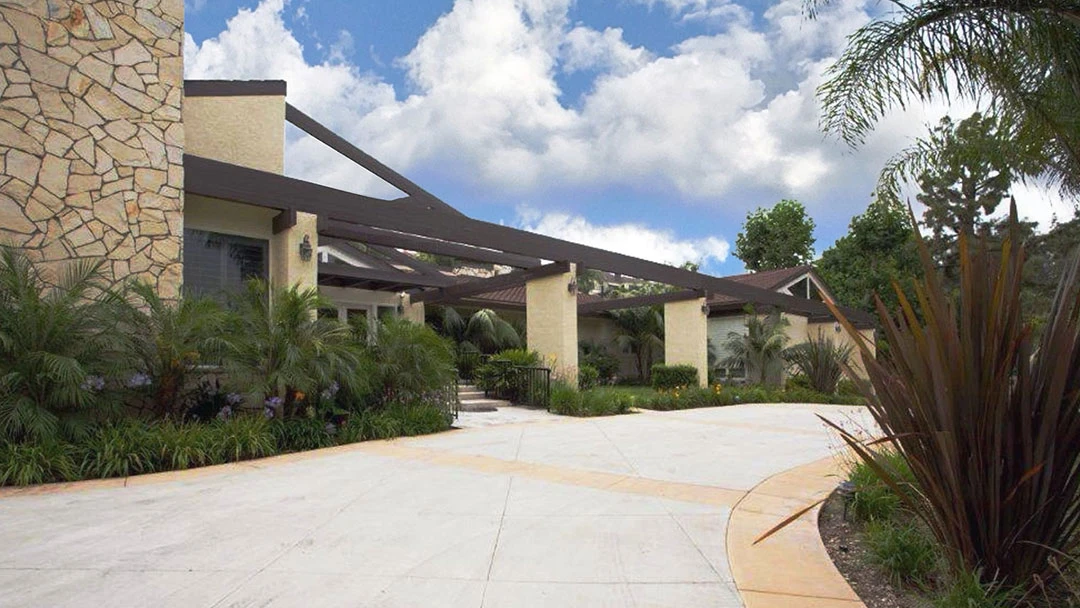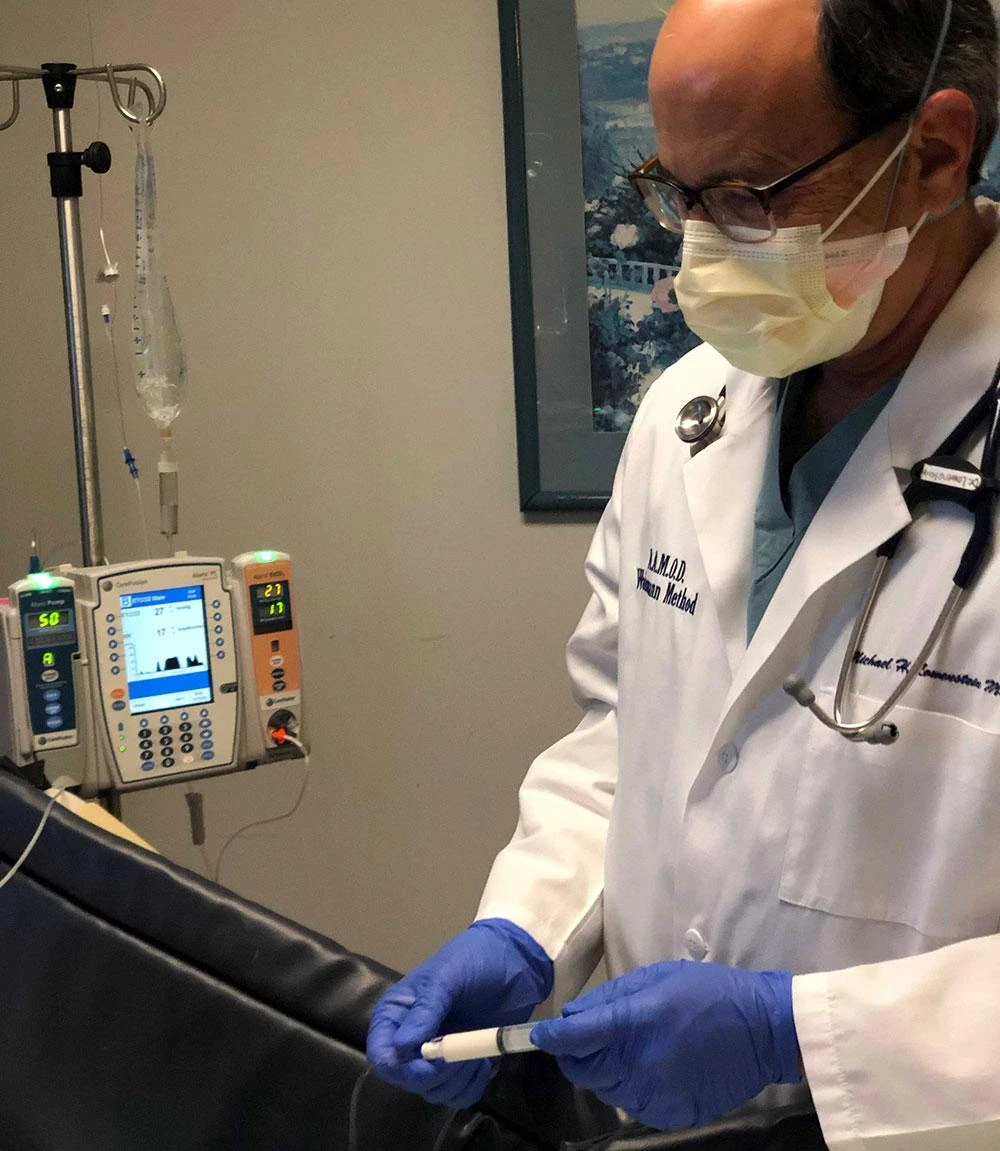Warriors Heart’s mission is to help first responders, law enforcement, and military personnel heal with dignity. Their Ranch property, located in Bandera, Texas, spans a 543-acre treatment facility. They specialize in substance abuse treatment with co-occurring mental health disorders, focusing on post-traumatic stress, unresolved grief and loss, and moral injury.
Warriors Heart provides a comprehensive range of care levels, including detox, residential, day treatment, outpatient, and sober living. Their facility is designed to be the opposite of a hospital or health clinic, offering a resort-style ranch as a serene space to focus on healing the body, mind, and spirit. Onsite amenities include a private lake for fishing, running trails, a swimming pool, fitness center, rope course, volleyball and basketball courts, fire pit, rec room, and metal shop. Clients sleep in comfortable shared or private rooms and enjoy healthy meals prepared by a chef.
One of the most unique aspects of Warriors Heart is their K9 training program. They rescue dogs from local shelters or take former detection/search dogs and train them to become emotional support or certified service dogs. These canine battle buddies assist clients in recovering from substance use and post-traumatic stress. Warriors Heart accepts both in-network and out-of-network insurance plans, including Aetna and Cigna. Some clients choose to pay privately for services or run fundraisers to cover the costs.
At Warriors Heart, healing occurs among peers, not in a hospital or impersonal health clinic. The facility is designed to be the opposite of a sterile institution. Healing at Warriors Heart is intended to be an uplifting, positive, and relieving experience—challenging but worth it. The Warriors Heart Private Healing Center now has two locations: one in the Hill Country northwest of San Antonio on 543 acres in Bandera, Texas, and another in Milford, Virginia, located on 520 acres.
The Warriors Heart art program serves as a method of healing for those interested in metalwork, woodworking, and painting. Clients often find that working with their hands can be therapeutic, allowing them to express themselves in different ways. Heartfelt projects created by clients have included handcrafted wooden American flags and police shields formed from repurposed metal. These artworks can be taken home or sold at the Warriors Heart Foundation, with 100% of the proceeds going to the Foundation to help future warriors who may not be able to afford treatment. Talented staff members are available to teach and lead clients interested in learning new skills.
Warriors Heart has created an environment where clients won’t feel alone. In a team setting and group therapy, clients are with others who understand their experiences. While individual experiences may differ, the pain, struggles, and fears are often the same. Unlike other treatment facilities that mix all populations together, making it difficult to share experiences, Warriors Heart serves only warriors—created by warriors for warriors.
Warriors Heart is accredited by the Joint Commission, ensuring the highest standards of care and treatment.
Warriors Heart Information
Treatment
Who We Treat
- Male and Female
- Professionals
- Veterans
- First Responders
Treatment Focus
- Alcohol
- Anxiety
- Drug Addiction
- Post Traumatic Stress Disorder
- Veterans
- Trauma
- First Responders Program
Approaches
- 12-Step-Based
- Evidence-Based
- Family Involvement
- Twelve Step
- Family Therapy
- Trauma Informed
- 1-on-1 Counseling
- Adventure Therapy
- Art Therapy
- Canine Therapy
- Meditation & Mindfulness
- Eye Movement Therapy (EMDR)
Conditions We Treat
- Depression
- Anxiety
- Post Traumatic Stress Disorder (PTSD)
- Grief & Loss
- Trauma
- Grief and Loss
- Anger
- Chronic Pain Management
- Stress
- Co-Occurring Disorders
Substances We Treat
- Alcohol
- Benzodiazepines
- Prescription Drugs
- Heroin
- Opioids
- Cocaine
- Methamphetamine
Languages
- English
Aftercare
- Intensive Outpatient Program
- Aftercare Group Therapy
- Ability to Call a Counselor
Level of Care
- Outpatient
- Intensive Outpatient Program (IOP)
- Day Treatment
- Outpatient Detox
- Detox
- Residential Rehab
- Co-Occurring Mental Health
- Sober Living
Experience
On-Site Amenities
- Pool
- Access to Nature
- Basketball Court
- Fitness Center
- Gourmet Dining
- Recreation Room
- Volleyball Court
- Walking Trails
Personal Amenities
- Air-Conditioned Rooms
- Private or Shared Rooms
- Shared Bathroom
On-Site Activities
- Yoga
- AA/NA Meetings
- Volleyball
- Martial Arts
- Massage
- Physical Fitness
- Swimming
Special Considerations
- First Responders Program
- Family Member Stays
Accreditations
-
The Joint Commission
The Joint Commission, previously known as JCAHO, is a nonprofit organization that accredits rehabilitation organizations and programs. Established in 1951, its mission is to enhance the quality of patient care and showcase excellence in healthcare delivery.

Additional Locations
Warriors Heart Accepts The Following Insurance Plans
Find the best treatment options. Call our free and confidential helpline today!
















